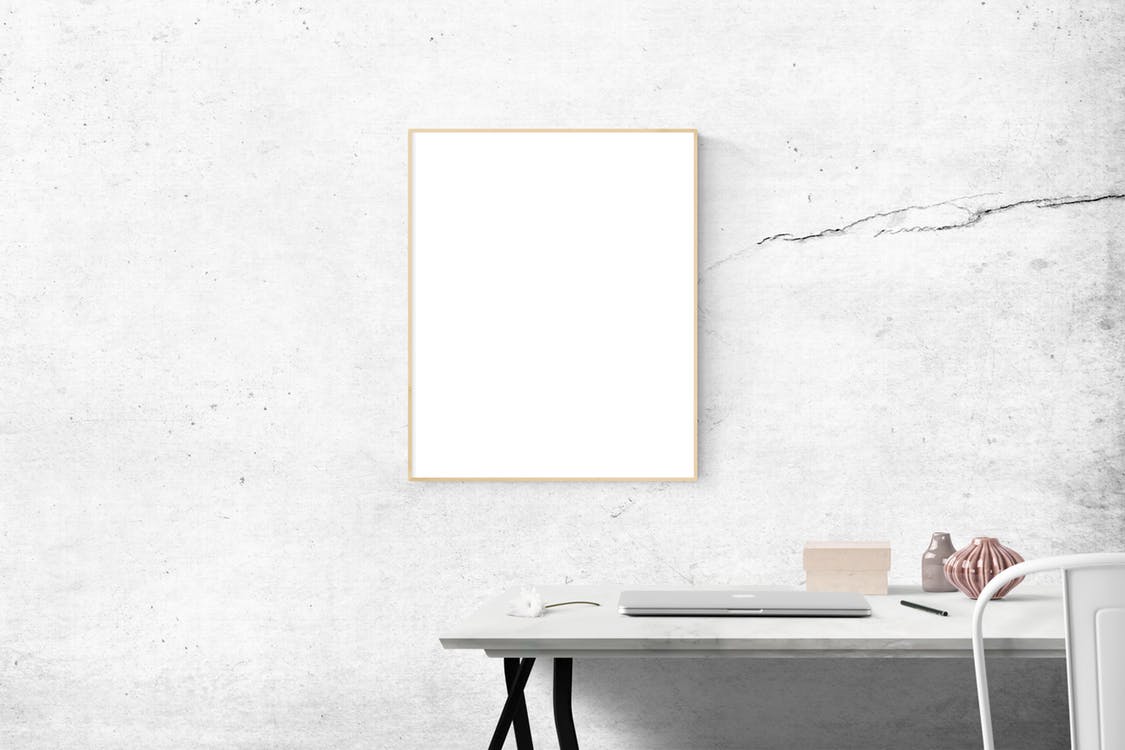Have nothing in your houses that you do not know to be useful or believe to be beautiful. —William Morris
I love stuff. My house is filled with it! It’s on my shelves, in my drawers, spilling out of my closet…Stuff is just, like, my favorite thing. And it’s not just me.
We are addicted to stuff. Obsessed with things.
It’s making us miserable.
We’re fed an illusion of what life should look like. But what if, rather than forcing ourselves into the status quo established by consumerist society, we could live freer, happier, lighter lives? What happens when we start to place emphasis on true, pragmatic values over social values—like having the newest tech and the latest styles.
Tonight, I sat down to watch the documentary Minimalism: A Documentary About the Important Things, featuring the Minimalists, Joshua Fields Millburn and Ryan Nicodemus. As the synopsis outlines, the film “examines the many flavors of minimalism by taking the audience inside the lives of minimalists from all walks of life—families, entrepreneurs, architects, artists, journalists, scientists, and even a former Wall Street broker—all of whom are striving to live a meaningful life with less.”
Pace and Expectations of Modern Life
As revealed in the documentary, we’re exposed to 5,000 advertisements a day. Bombarded, really. It’s inescapable when we step out our front doors. The political power of advertising pressures us to keep up with the pace, to keep up with the 52 seasons of styles dictated by “fast fashion,” with unrealistic expectations. And of course there’s a hidden cost to this lifestyle. We’re distracted, over-sensitized. We’ve become drones of mindless consumption. And we’re blind to it. And it’s not just affecting us all individually, it’s impacting the planet—wasting precious resources and changing how people, communities, and societies interact and engage.
Featuring an apropos flashback, the documentary played a snippet from President Carter’s “Crisis of Confidence” speech:
“In a nation that was proud of hard work, strong families, close-knit communities, and our faith in God, too many of us now tend to worship self-indulgence and consumption. Human identity is no longer defined by what one does, but by what one owns. But we’ve discovered that owning things and consuming things does not satisfy our longing for meaning. We’ve learned that piling up material goods cannot fill the emptiness of lives which have no confidence or purpose.” —Jimmy Carter, The Crisis of Confidence (1979)
Is This Useful?
Filling the voids in our life with things, and ever unsure of ourselves when the emptiness remains, we find ourselves unsatisfied. The truth is, materialism is not serving us. It creates sources of anxiety, it steals our time and attention.

Instead, Live Deliberately
Minimalism, on the other hand, produces simplicity, serenity, and integrity. So, how might we live meaningful lives with less? With everything you have or buy, ask yourself, is this adding value? Am I being deliberate with this decision? Am I living with intention?
I’m trying to break my addiction to stuff and things and live happier with less. Now, I am so inspired by the documentary that I can’t wait to start making changes in my life. In fact, starting tomorrow, I’ll be participating in the Minimalism Game [see below]. I am eager to simplify my life, eliminate stressors, and begin focusing on what’s important—friends, family, and my passions.
The movie is great, I would highly recommend giving it a view. I can almost promise you’ll be just as inspired and driven. The message (and incentive) is clear: You have one life. Live it.
The Minimalism Game, from The Minimalists
Here’s how you play:
Find a friend or family member: someone who’s willing to get rid of their excess stuff. This month, each of you must get rid of one thing on the first day. On the second, two things. Three items on the third. So forth, and so on. Anything can go! Clothes, furniture, electronics, tools, decorations, etc. Donate, sell, or trash. Whatever you do, each material possession must be out of your house—and out of your life—by midnight each day.
It’s an easy game at first. However, it starts getting challenging by week two when you’re both jettisoning more than a dozen items each day. Whoever can keep it going the longest wins; you both win if you can make it all month. Bonus points if you play with more than two people.
Feel free to join in with me as I invite some friends to participate, starting tomorrow. You can join our event on Facebook to share photos and tips. At the end of the month, we can have a ceremonial donation day and then plan a yard sale!

Resources
- The Art of Living Deliberately and Designing Your Life
- Project 333 — Living off a wardrobe of 33 items (including accessories and shoes) for 3 months
- What is Minimalism
- Living with Less
- Where to donate your stuff?



Love this, Megan! I discovered The Minimalists last year and they (along with the entire movement) has changed my life! Good luck on your journey!
Oh that’s great! I heard about the Minimalism Game in December but wasn’t in the right mindset at the time to embrace the potential. Enter the most chaotic few months of my life and I’m not ready to get rid of all the extraneous stuff in my life! Just changing my perspective already feels like a weight has been lifted!